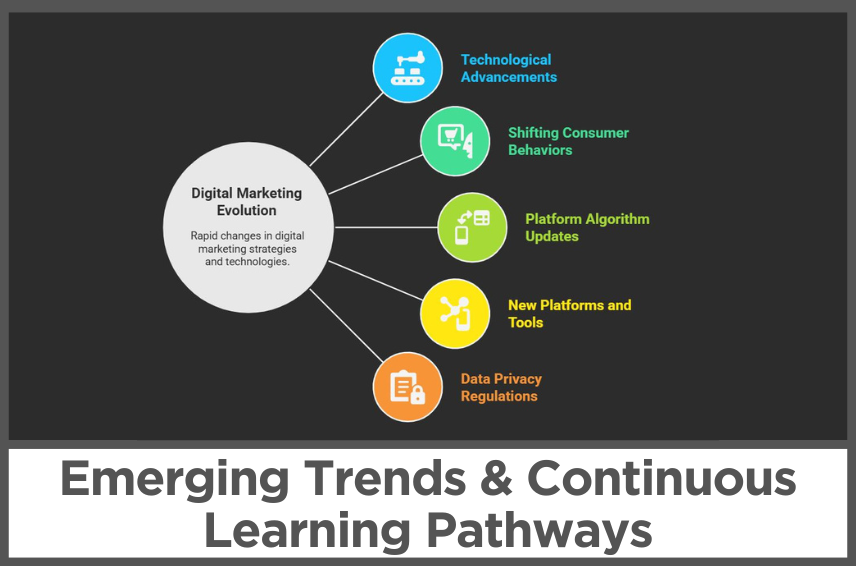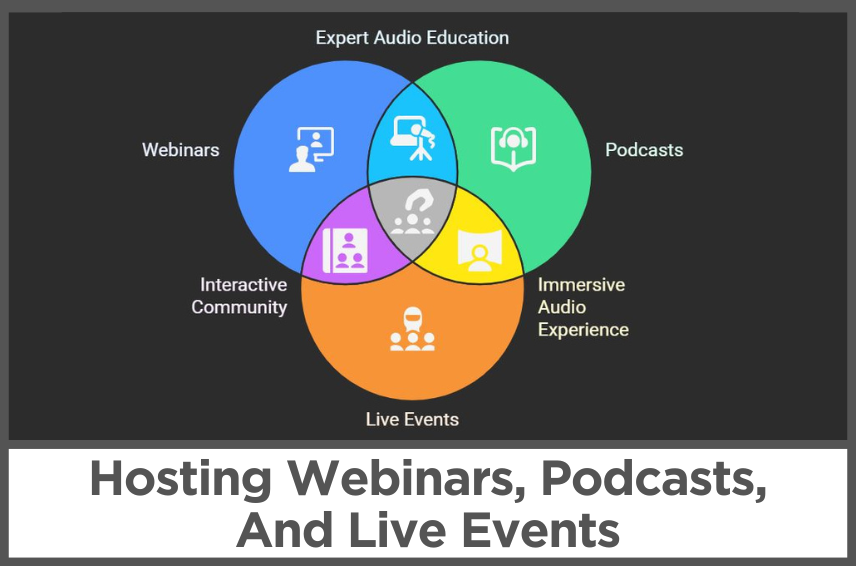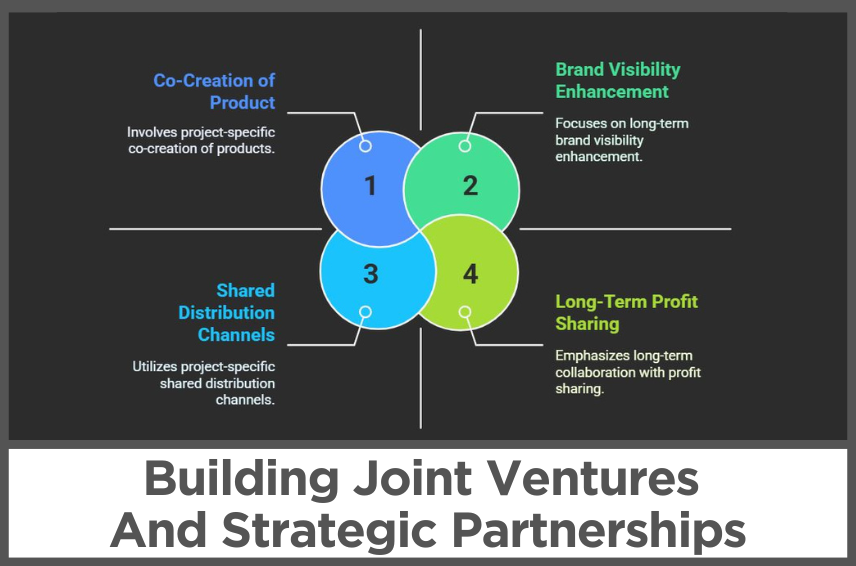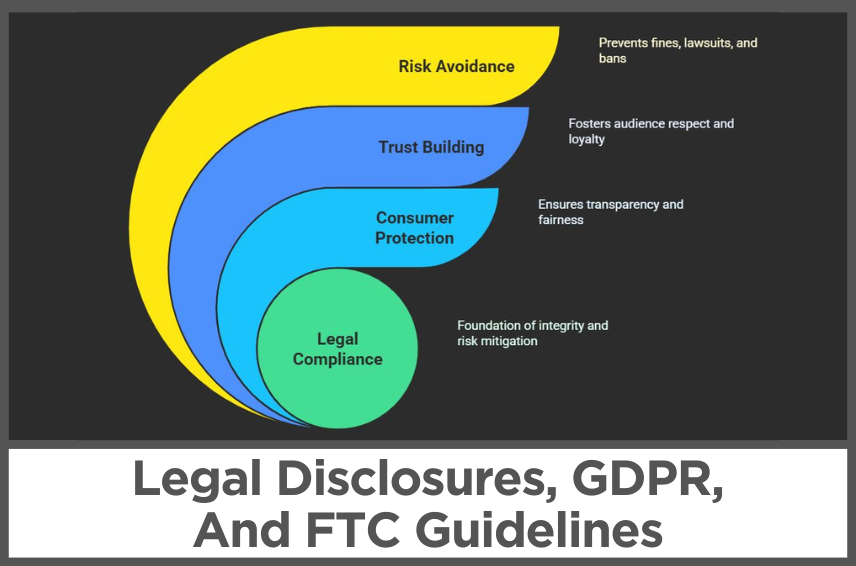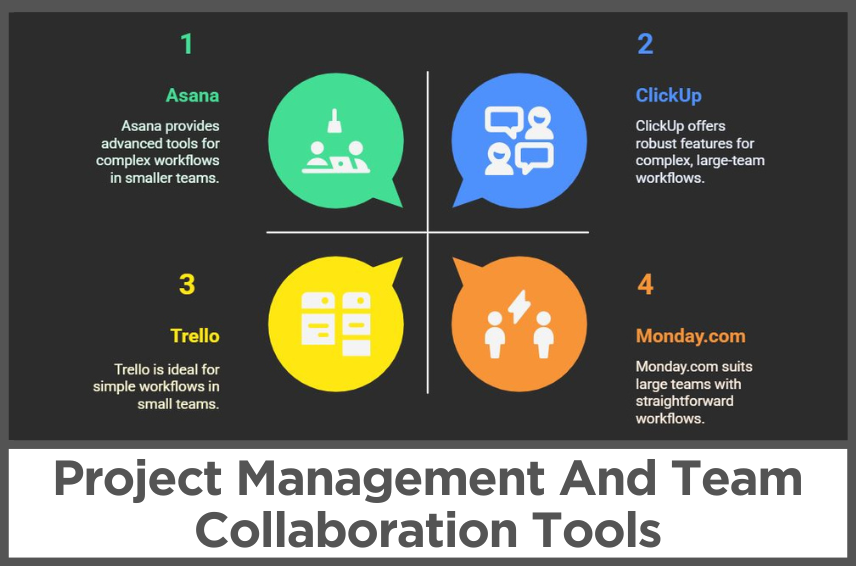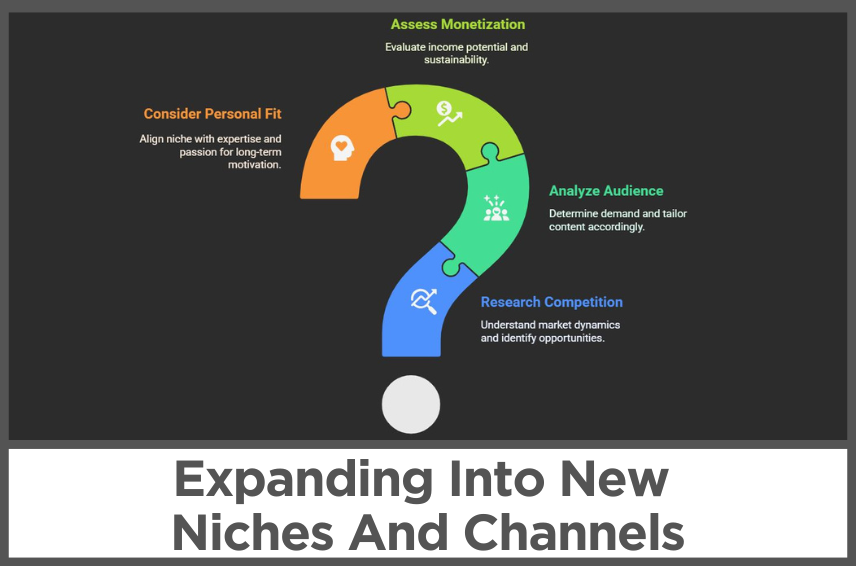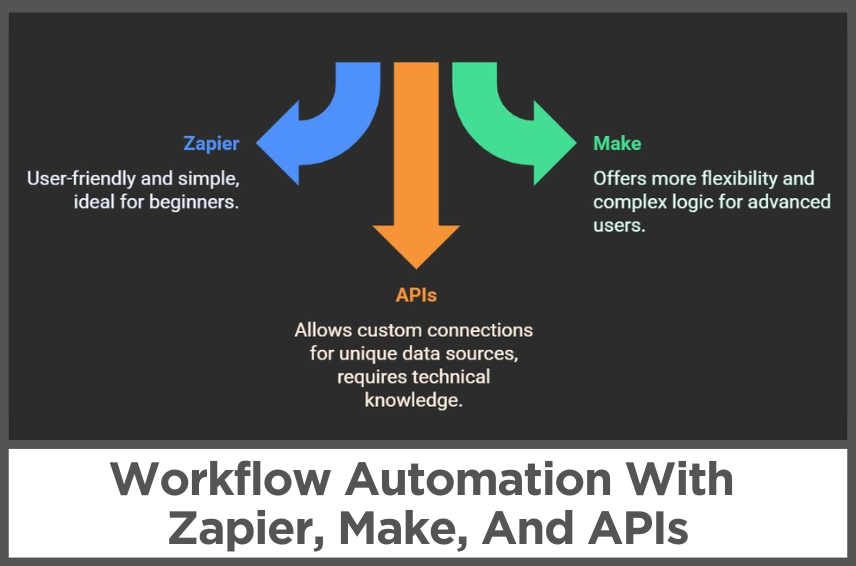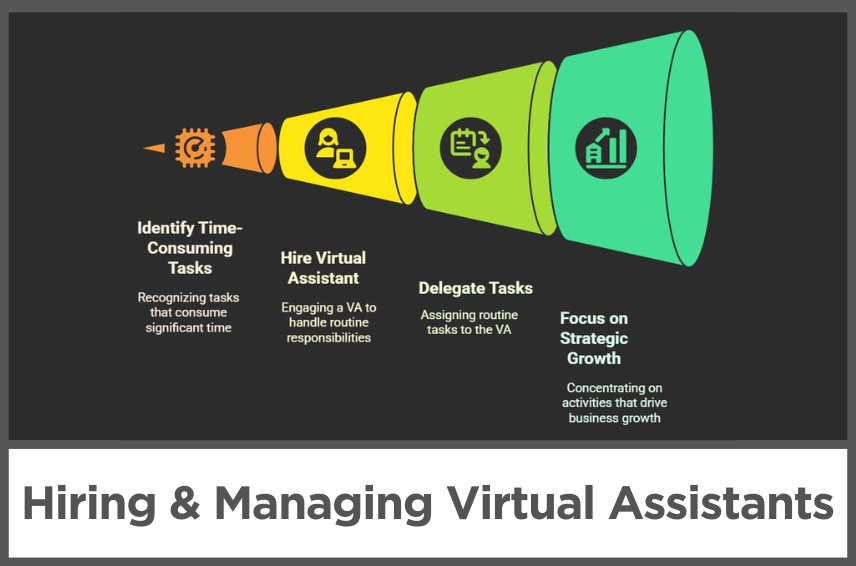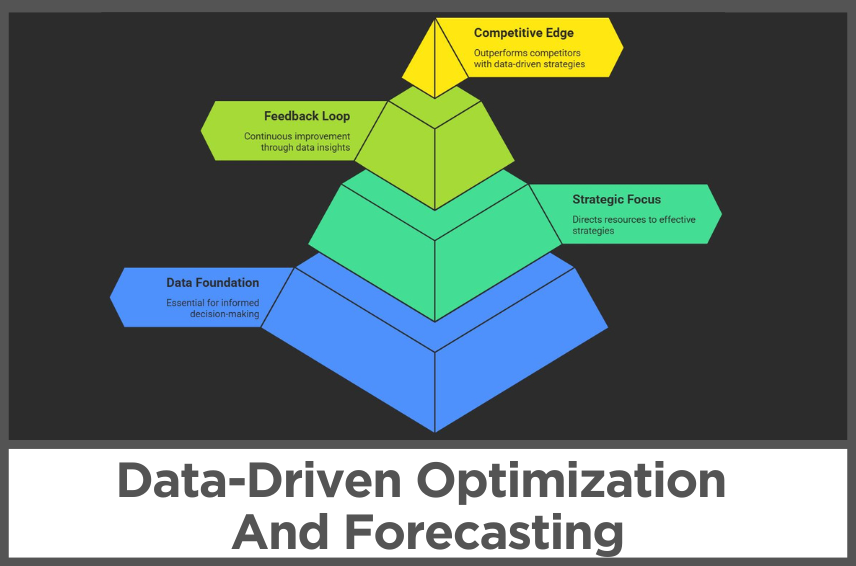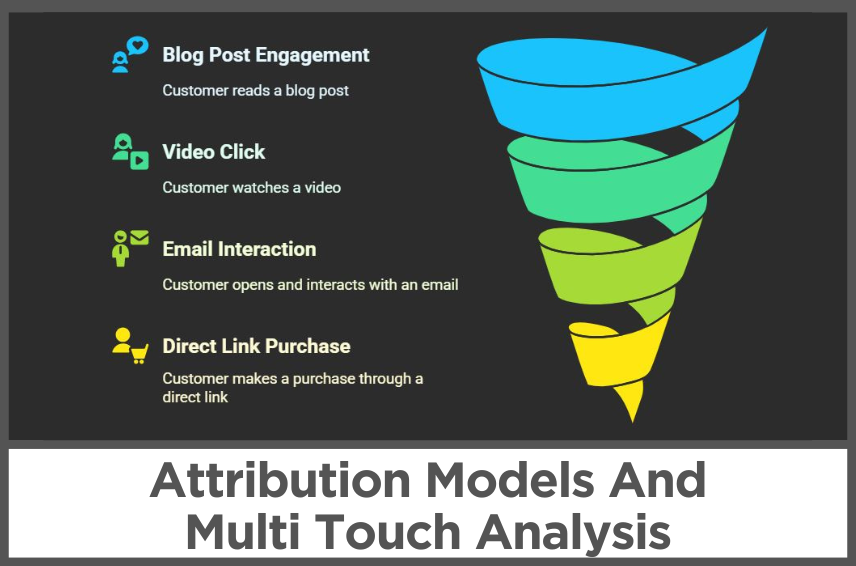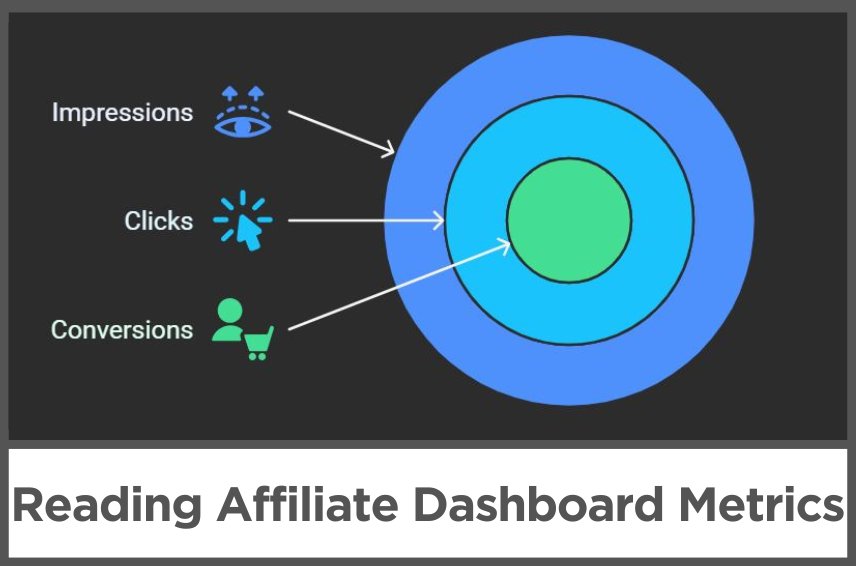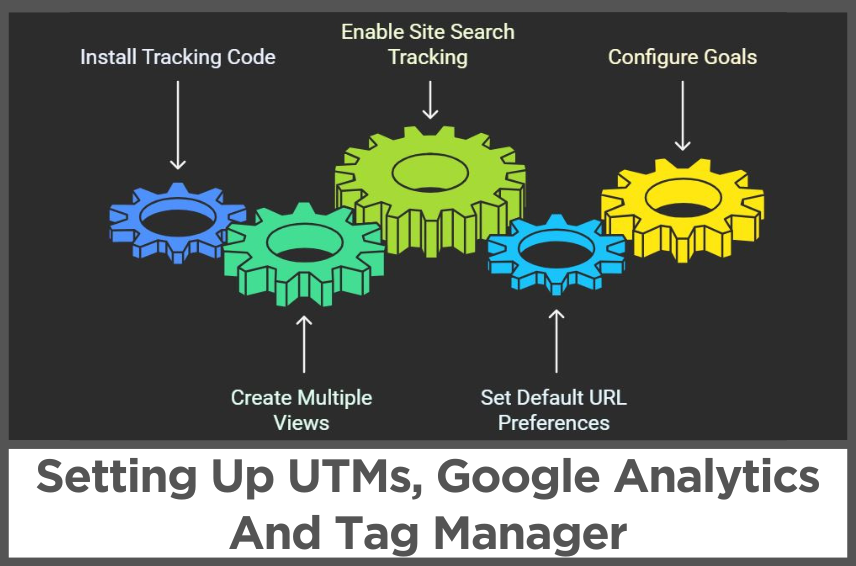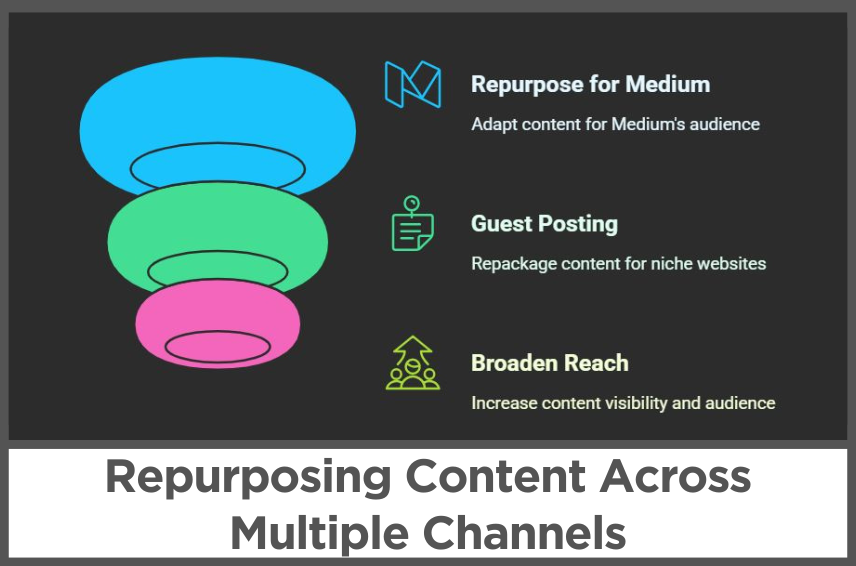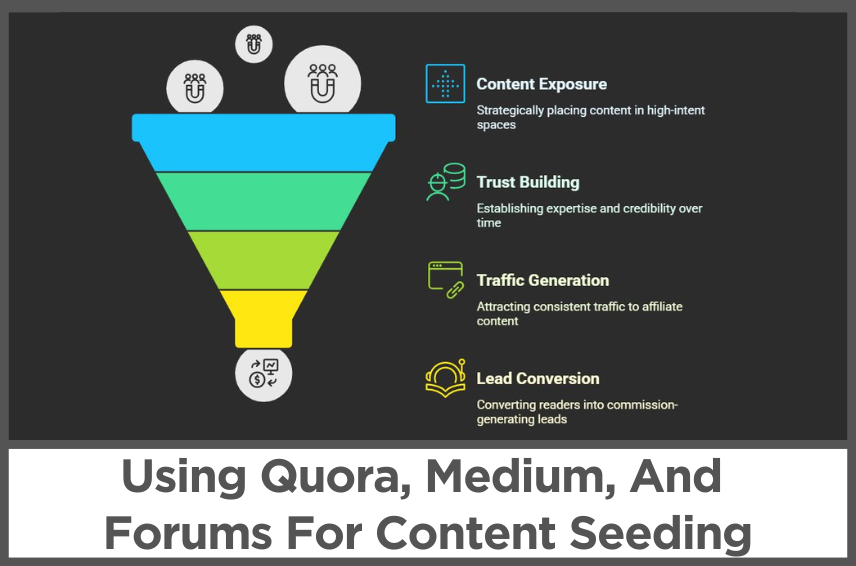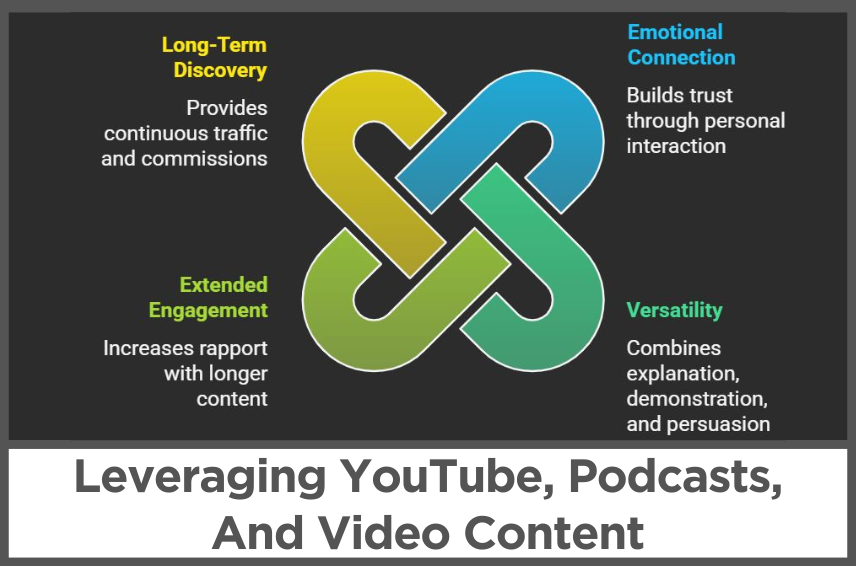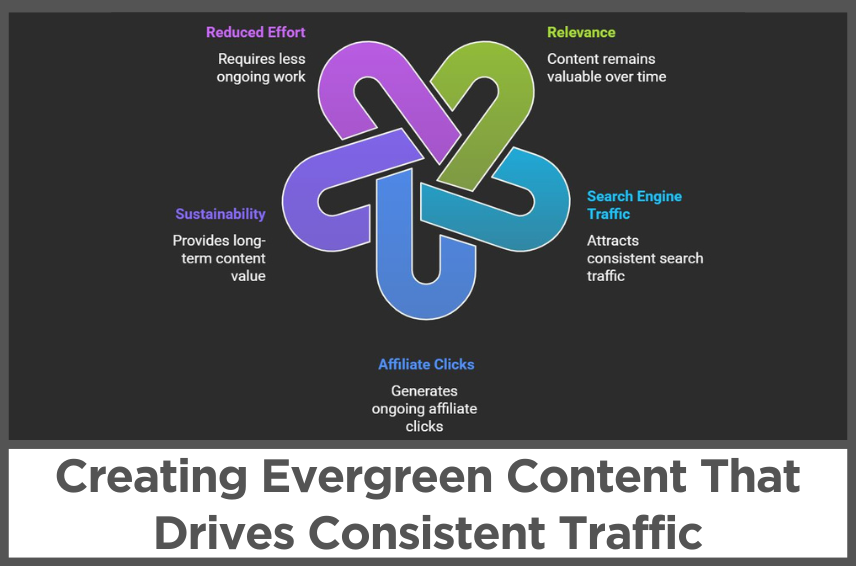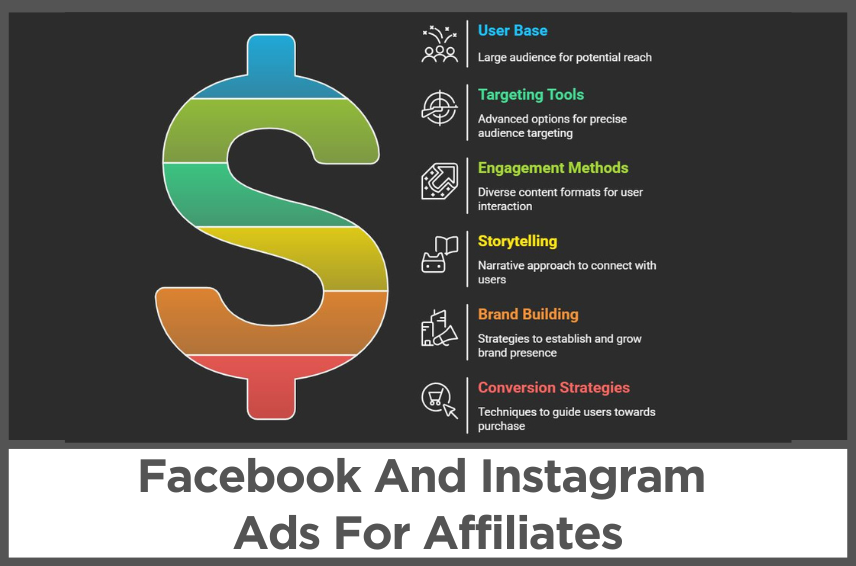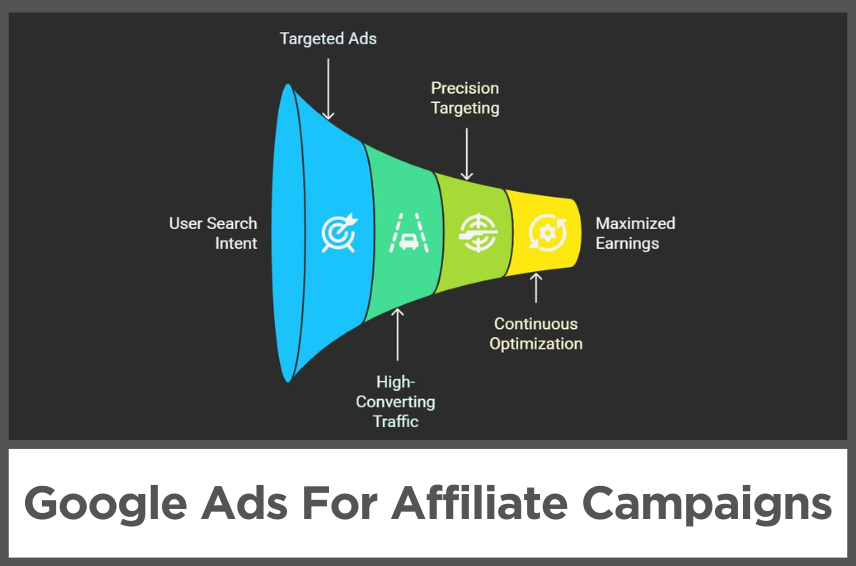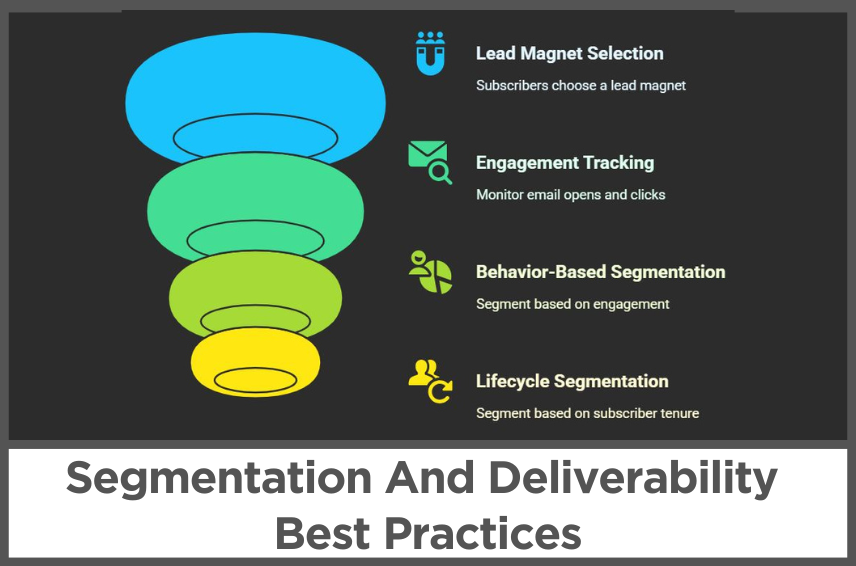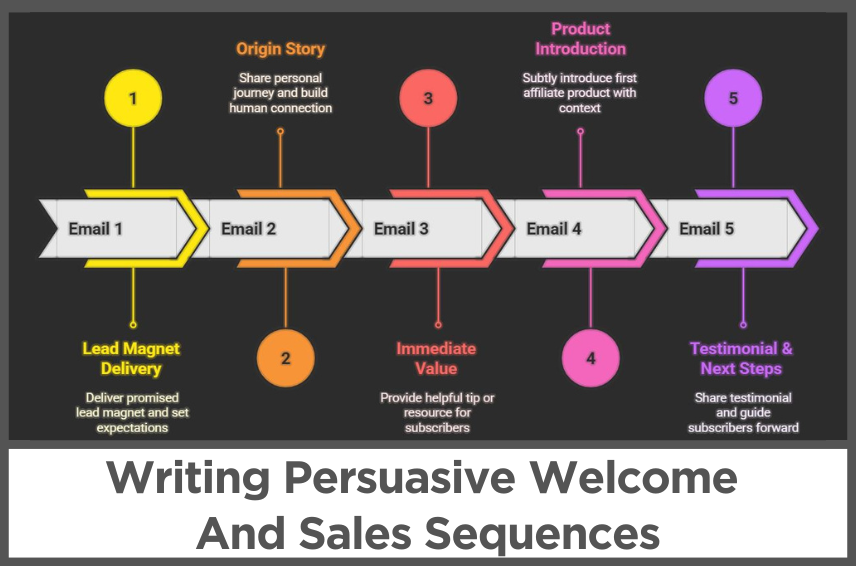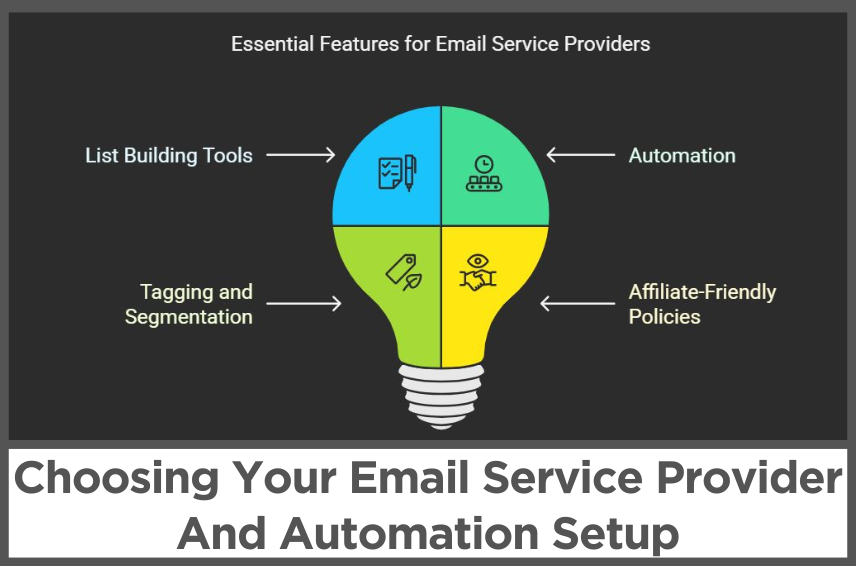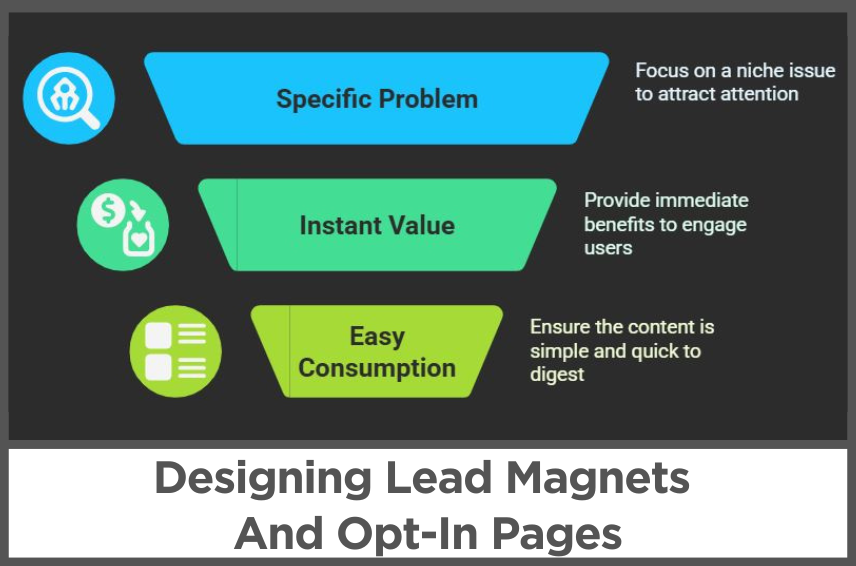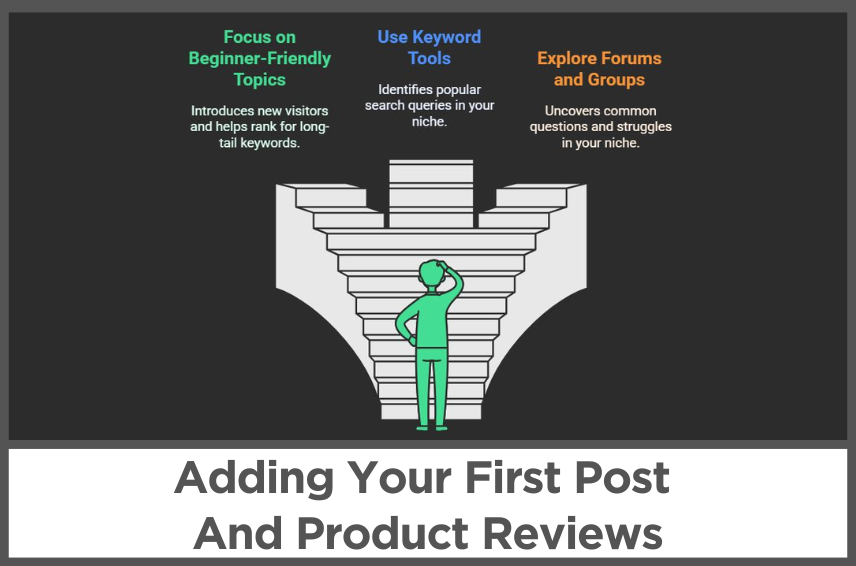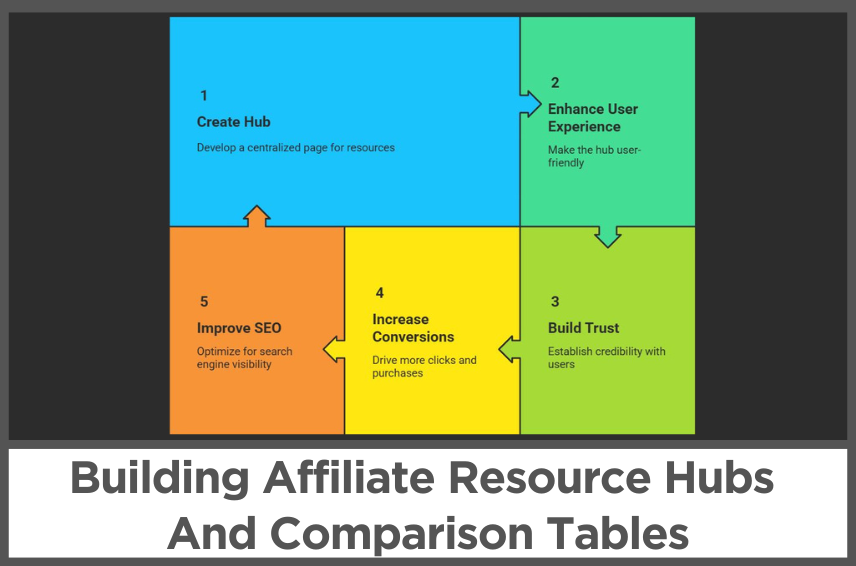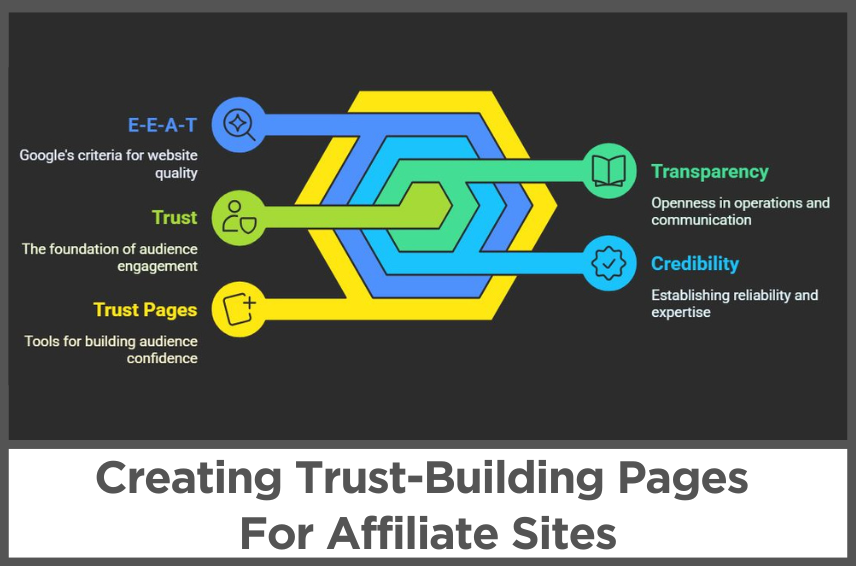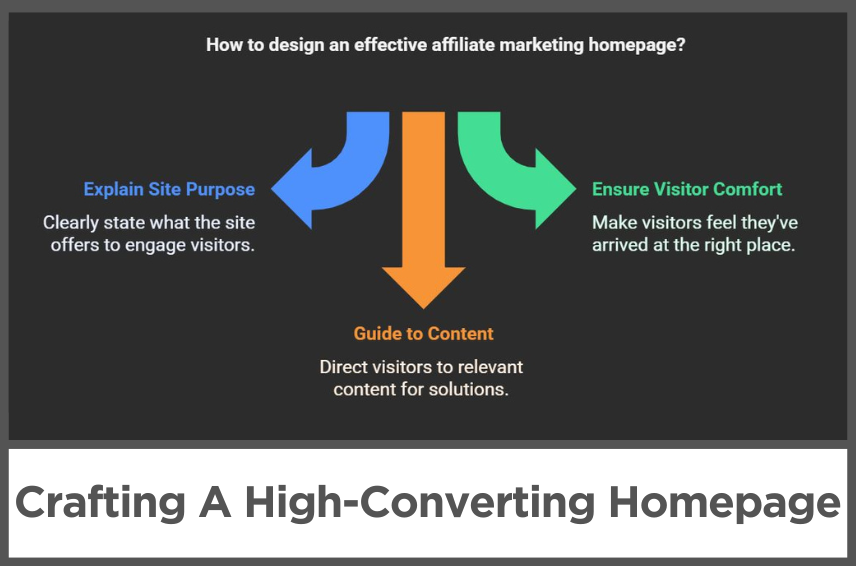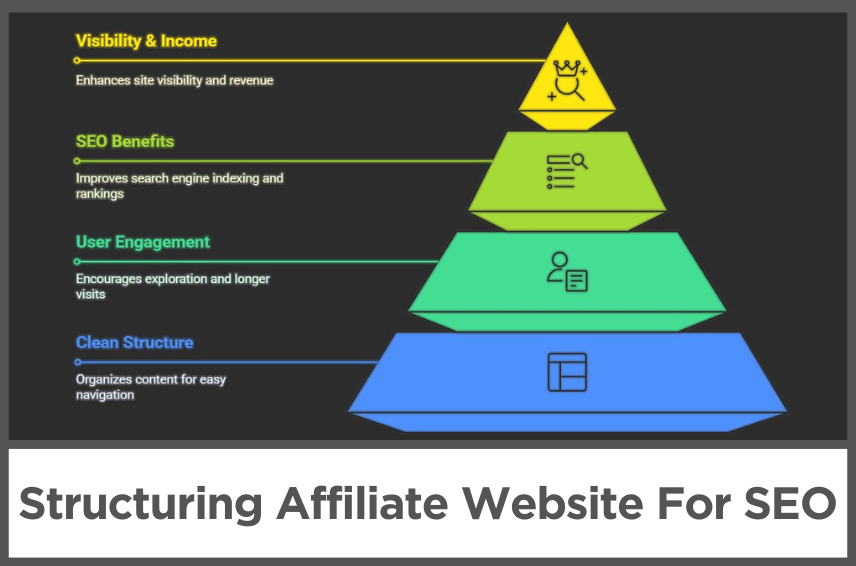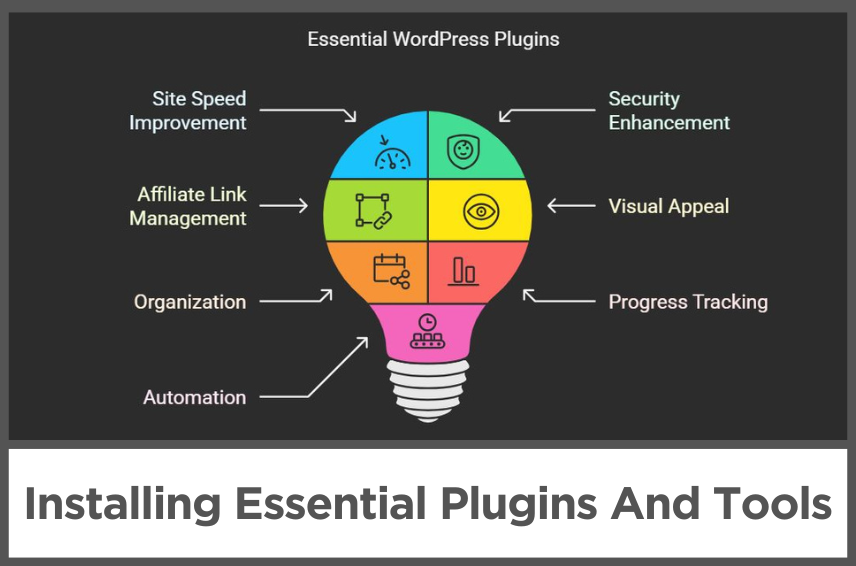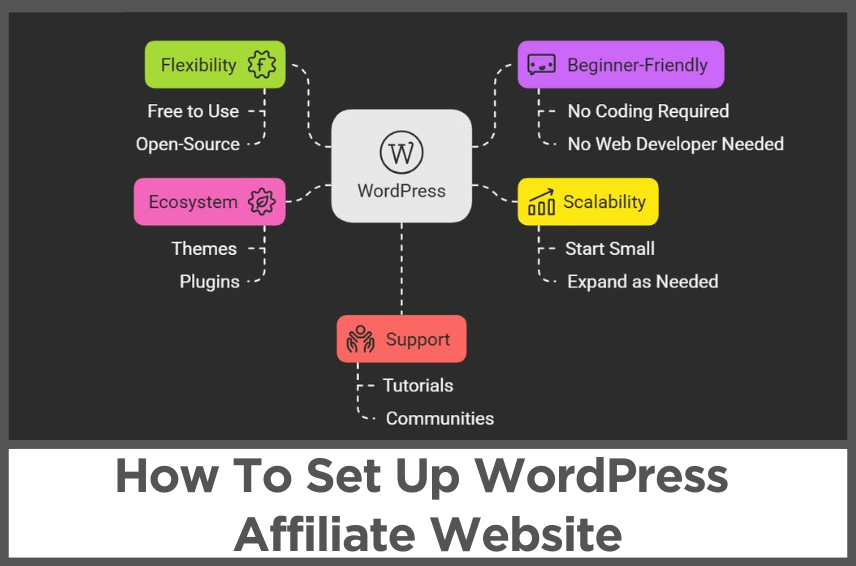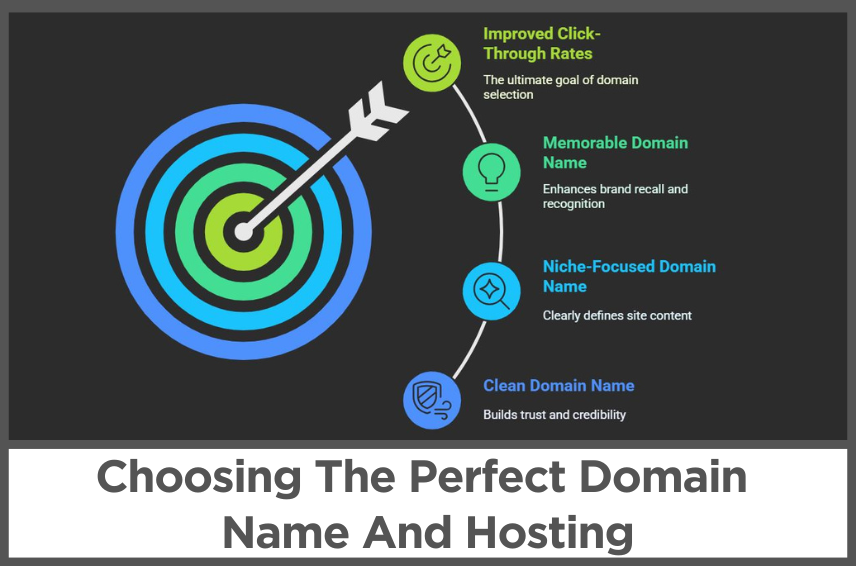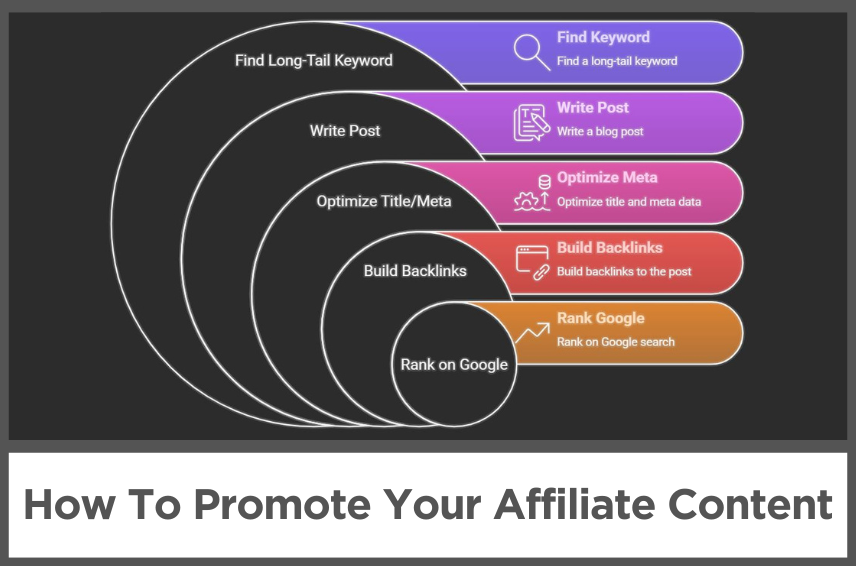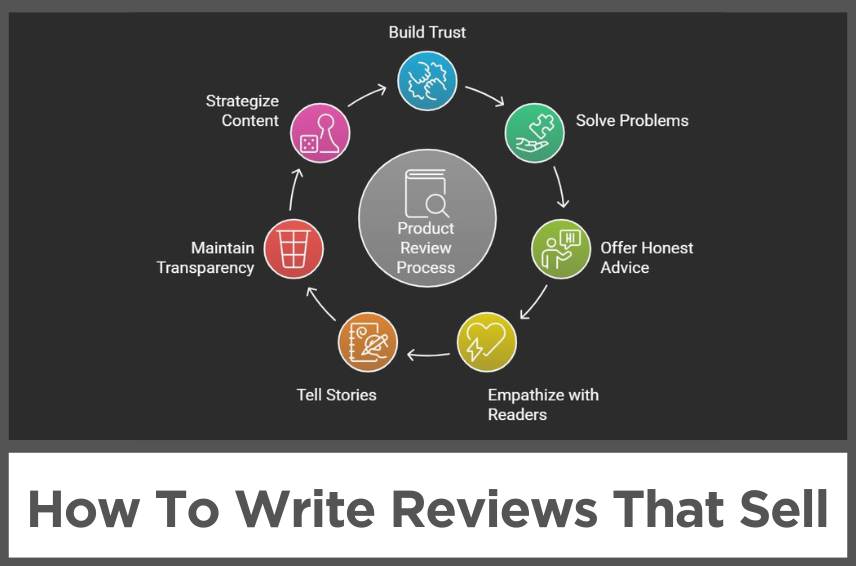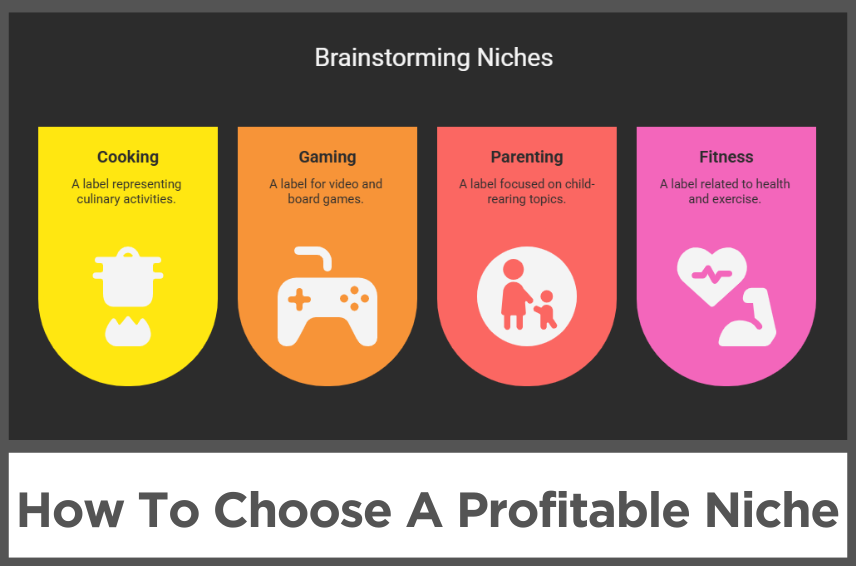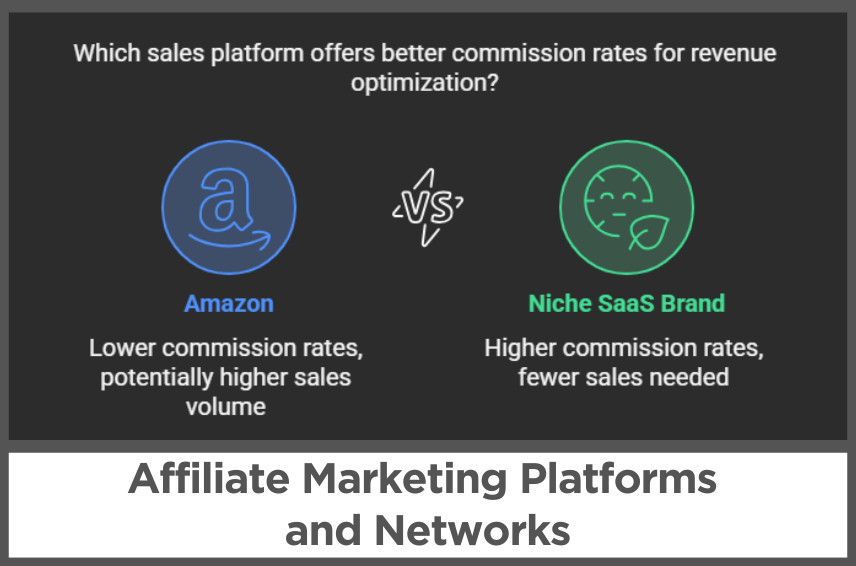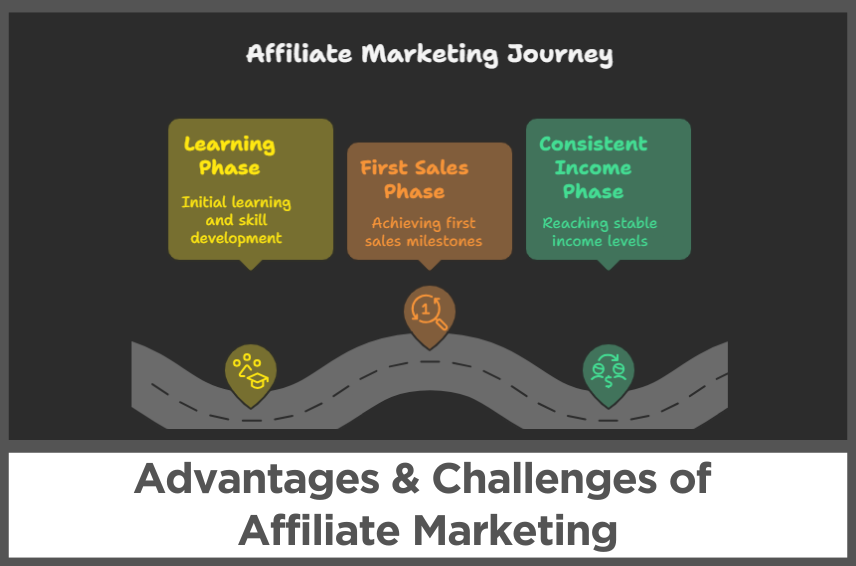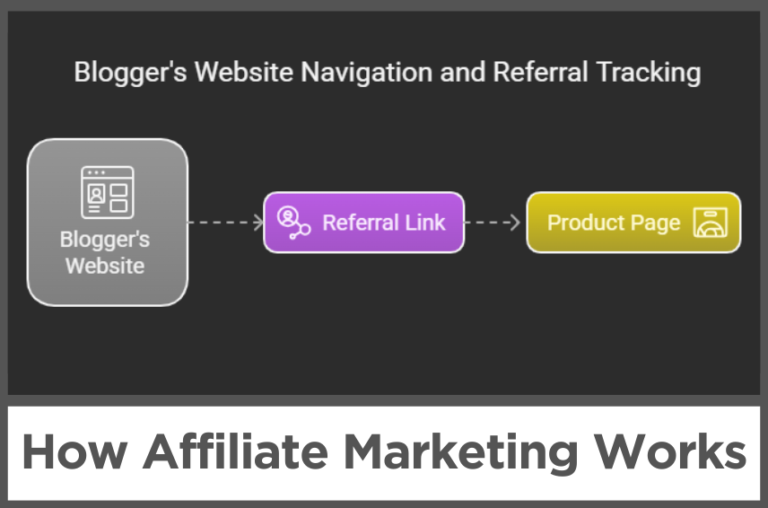M1.C1: What Is Affiliate Marketing?
by Abhigyan
Imagine telling your friend about a product you love, and they buy it because of your recommendation.
Now, picture getting paid for that recommendation.
That’s affiliate marketing in a nutshell. It’s a way for you (the affiliate) to earn money by promoting products or services created by others (the merchants).
When someone buys through your unique referral link, you get a commission. Think of it like being a digital middleman.
You don’t need to create products, handle shipping, or deal with customer complaints.
Your job is simple: share products you genuinely like, and earn a cut when people buy them through your link.
Disclosure: Some of the links I share might be affiliate links. If you click on one and make a purchase, I may earn a small commission as a thank you. But don’t worry, it won’t cost you anything extra. I only recommend stuff I genuinely believe in. Your support helps me keep creating awesome content. You can read my full affiliate disclosure in my disclaimer page.
IN THIS POST :
ToggleHow Cookie Works In Affiliate Marketing
Let’s say you love baking and often post cookie recipes on a blog. One day, you find a kitchen gadget that makes baking easier.
You join the gadget company’s affiliate program, and they give you a special link to share.
Every time someone clicks your link and buys the gadget, the company pays you a commission—maybe 5% or 10% of the sale.
The best part? You don’t have to do anything extra after sharing the link.
If someone buys a month later, you still get paid. This happens because of something called a “cookie,” a tiny piece of code that tracks if a buyer came from your link.
Cookies usually last 30 to 90 days, depending on the program.
Why Choose Affiliate Marketing?
Starting an online business can feel overwhelming.
You might worry about costs, tech skills, or time. But affiliate marketing solves those problems.
First, you don’t need to invent a product or spend thousands on inventory.
Second, you can start small—even with just a social media account or a free blog.
Third, it’s flexible. You can work from your couch at midnight or during lunch breaks.
Over time, your old posts keep earning money passively.
For example, a blog post about “Best Running Shoes” written today could still bring in commissions years later if people keep buying through your links.
Types of Affiliate Marketing
Most programs fall into three categories.
The first is “pay-per-sale,” where you earn a percentage of each sale. Amazon Associates is a popular example.
If someone buys a $100 blender through your link, and your commission rate is 5%, you earn $5.
The second type is “pay-per-lead,” where you earn when someone signs up for a free trial or newsletter.
For instance, a language app might pay $10 for every free trial sign-up.
The third type, “pay-per-click,” is rare now. Here, you earn a few cents whenever someone clicks your link, even if they don’t buy.
Who Can Do Affiliate Marketing?
The short answer: anyone. Stay-at-home parents, college students, retirees—you don’t need a degree or fancy equipment.
If you can chat about products you love online, you can do this.
Some affiliates write blogs, others make YouTube videos, and many use Instagram or TikTok.
For example, a mom who shares baby product reviews on Instagram can partner with toy brands.
A gamer streaming on Twitch can promote gaming chairs. Your audience size doesn’t matter at first.
Even with 100 followers, you can start earning.
Common Myths About Affiliate Marketing
Let’s bust some myths. First, “You need a huge following.” Not true.
Micro-influencers with 1,000 followers often earn more than big celebrities because their audiences trust them more.
Second, “It’s a scam.” Legitimate programs like Amazon’s are free to join and pay real money.
Third, “It’s dead.” Actually, the industry is growing. In 2026, affiliate marketing drove over $20 billion in sales in the U.S. alone.
Fourth, “You need to be salesy.” People hate pushy ads. Instead, focus on helping.
For example, a post like “How I Fixed My Acne with These 3 Products” feels genuine and works better than “BUY THIS NOW!”
How to Find Affiliate Programs?
You can start with programs related to your niche.
We’ve listed multiple affiliate programs under various niche. You can find the information here or if you like a shortcut, check out our comprehensive list of 2500+ affiliate programs.
If you write about tech gadgets, apply to Amazon Associates or Best Buy’s affiliate program.
You can also join networks like ShareASale or PartnerStack, which connect you with thousands of brands.
When choosing a program, check the commission rates, cookie duration, and payment methods.
Some programs pay via PayPal, others through bank transfers. Avoid programs that charge fees to join—reputable ones are free.
What Makes a Good Affiliate Product?
The best products solve real problems. Think about what your audience struggles with.
If you write about budgeting, promote budgeting apps or books. If your niche is fitness, link to workout gear or protein powder.
Also, choose products you’ve tried or believe in. Your honesty matters.
If you promote a bad product just for money, your audience will notice.
For example, if a vacuum you recommend breaks in a week, people won’t trust your future recommendations.
How to Disclose Affiliate Links Properly?
The Federal Trade Commission (FTC) requires affiliates to disclose when they earn from links.
This keeps things legal and builds trust.
Add a line like “This post contains affiliate links. I may earn a commission if you buy, at no extra cost to you.”
Place this at the top of blog posts or in video descriptions. Don’t hide it in fine print.
Transparency helps your audience feel respected.
Affiliate Marketing vs. Other Online Businesses
Unlike selling your own products, affiliate marketing has fewer risks.
You don’t handle inventory or refunds. Compared to ads (like Google Adsense), affiliate earnings can be higher.
For example, a blog post with ads might earn $5 a month, but the same post with affiliate links could earn $50.
However, ads pay for clicks, while affiliates need sales.
So, affiliate marketing works best when you target buyers, not just casual readers.
Common Mistakes Beginners Make
The biggest mistake is giving up too soon. It takes 3-6 months to see results.
Other mistakes include promoting too many products, ignoring SEO, or being overly salesy.
For example, a blog stuffed with 50 affiliate links per post feels spammy.
Focus on quality over quantity.
Another mistake is not tracking links. Use free tools like ThirstyAffiliate to see which links get clicks.
If a product isn’t selling, switch to a better one.
Make sure you also avoid these 11 common mistakes made by newbie affiliates.
Ethical Affiliate Marketing Practices
Always prioritize your audience’s needs. If a product has flaws, mention them.
For example, “This blender is great but noisy.” Disclose affiliate links clearly.
Don’t promote harmful products like diet pills with false claims.
Building trust takes years but losing it takes one bad review.
Remember, your reputation is your biggest asset.
Tools You’ll Need to Start
You don’t need fancy software. Start with a free WordPress blog or a YouTube channel.
Use Canva to design social media posts. Google Analytics helps track traffic.
For link management, try ThirstyAffiliates (a WordPress plugin) to cloak and organize links.
As you grow, consider paid tools like Clicks.so for keyword research or GetResponse for email marketing.
But at first, keep it simple.
What’s Next?
Now that you know the basics, it’s time to dive deeper.
In the next chapter, we’ll explore how affiliate marketing works step-by-step.
You’ll learn in detail about cookies, tracking links, and how to choose the right program for your niche.
Ready to turn your passion into profit? Let’s go!
Next Chapter:
If you find this article helpful, kindly share it with your friends. You may also Pin the above image on your Pinterest account. Thanks!
Abhigyan Mahanta
Hi! I’m Abhigyan, a remote web developer and an affiliate blogger. I create beginner-friendly guides to help new affiliates get started and grow in affiliate marketing. I also share information on remote companies and interview preparation tips.





